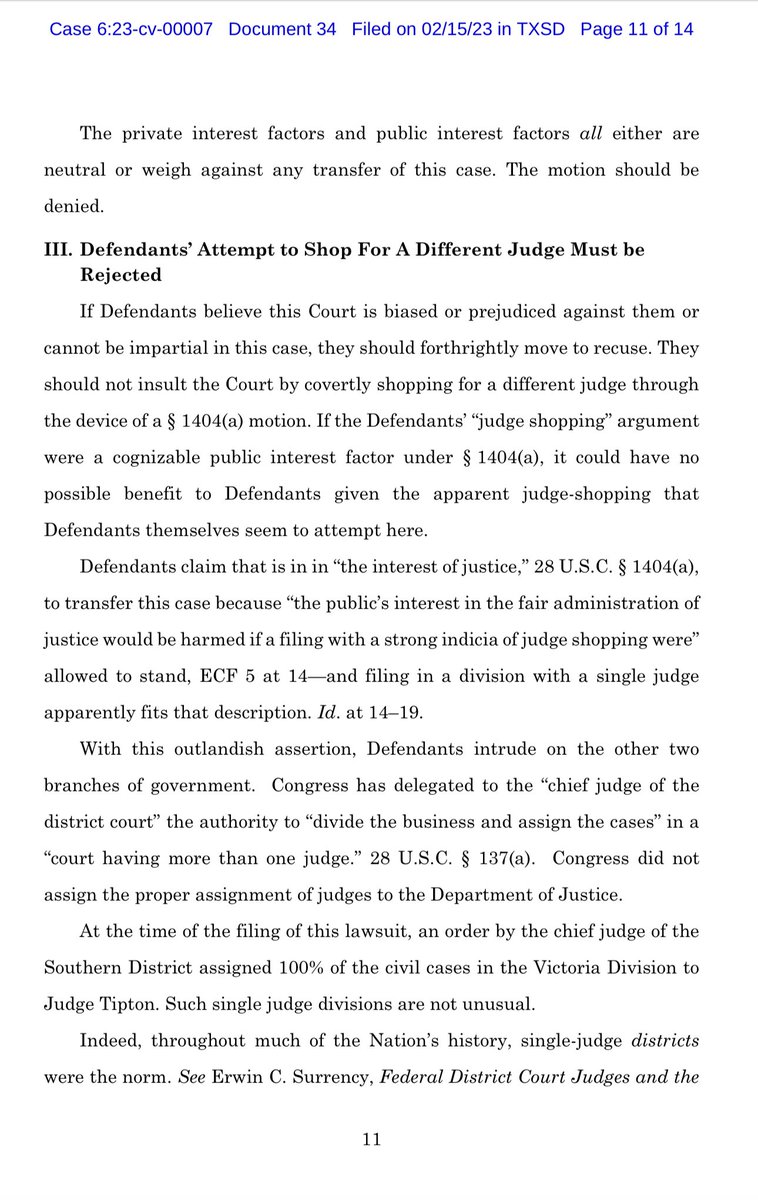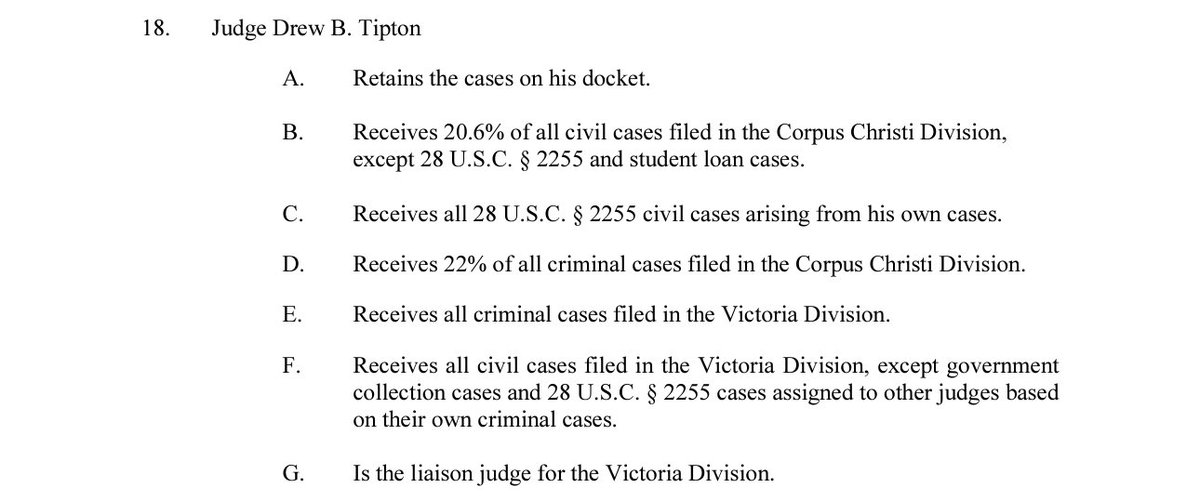The en banc D.C. Circuit has *finally* decided al-Hela (the major #GTMO due process case).
We don't have the opinions yet, but it *appears* that the court has rejected two of al-Hela's due process arguments (assuming due process applies), and remanded a third.
IOW, a huge punt.

We don't have the opinions yet, but it *appears* that the court has rejected two of al-Hela's due process arguments (assuming due process applies), and remanded a third.
IOW, a huge punt.


So al-Hela can argue in the district court that the fact that he's being held *after* having been cleared by the Periodic Review Board violates (substantive) due process. (This is probably what provoked the four dissenters.)
But he loses on his two other due process challenges.
But he loses on his two other due process challenges.
My best guess is that the 11 judges divided as to whether he loses the first two arguments because due process is *satisfied* or because it doesn't apply in the first place.
And so the 7-4 vote is likely on the third issue — over whether the PRB claim should even be remanded.
And so the 7-4 vote is likely on the third issue — over whether the PRB claim should even be remanded.
Just to clarify, it looks like it's 6-4 on at least part of the disposition, not 7-4 (I miscounted how many judges participated).
There are four separate opinions (with Wilkins for the majority), which we'll get to see only once they finish going through declassification review.
There are four separate opinions (with Wilkins for the majority), which we'll get to see only once they finish going through declassification review.
• • •
Missing some Tweet in this thread? You can try to
force a refresh

 Read on Twitter
Read on Twitter












